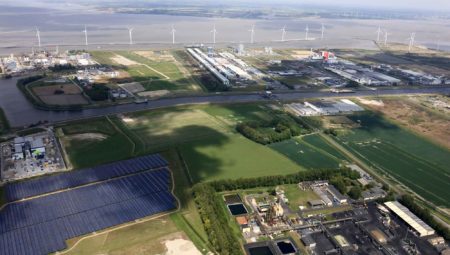This will be sold to end-users via the LNG network. This is a first step in building a new infrastructure that should ensure the long-term success and mass scale adoption in Europe.
The BioLNG facility will produce 3000 MT/year of BioLNG and will use biogas produced from organic waste. The CO2 emissions will be up to 90% lower than the CO2 emissions of traditional fuels. Furthermore, it virtually eliminates sulphur and offers a reduction in NOx and particulate matter.
The consortium is comprised of Shell, DISA, Scania, IVECO, CNH Industrial Capital Europe under the trademark of IVECO Capital and Nordsol, and is co-funded by the European Union. According to Istvάn Kapitάny, Executive Vice President, Shell Retail, LNG Retail stations are a vital piece of the puzzle for the decarbonization of road transport in Europe. Jerom van Roosmalen, founding partner at Nordsol, says that BioLNG will be the future energy source for the large transport sector: ‘Nordsol is determined to make BioLNG mainstream as a clean and safe advanced biofuel that is widely available at an affordable price.’
The 2,000 new LNG trucks will be leased to end users through competitive financing and to reduce the cost. The additional costs of an LNG HGV compared to a diesel truck will be financed, up to a maximum of € 30,000.



